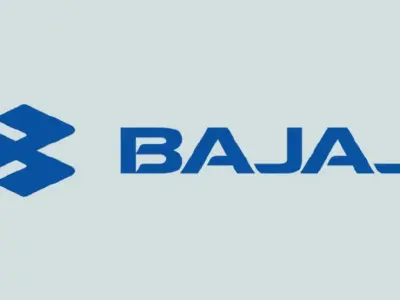DelhiDesk Joint accounts held with spouses have long been an accepted investment method, but recent months have seen a new tax risk emerge for joint holders in India. Under tax laws, investments held in joint names are regarded as belonging to the first named holder, but reassessment proceedings have been initiated against joint holders for earlier years in which investments were made without adequate opportunity of explanation of the source of such investments being permitted to them. The Tax authorities have been seeking to tally PAN-wise information received about investments made during each year through the Specified Financial Transaction (SFT) statements with information disclosed in income tax returns, and reassessment notices have been issued to joint holders on the basis of such SFT statements where tax returns have not been filed. The article suggests a better, unobtrusive and cost-effective means of follow-up on such SFT information needs to be considered by the tax authorities.
Follow DelhiBreakings on Google News
Here is the news bullets sorted by DelhiBreakings.com team.
👉 Joint account with spouse is an accepted mode of holding investments.
👉 It aids in operation of the account and facilitates transfer of investments to spouse in case of death.
👉 However, a new dimension of tax risk has emerged for joint holders in recent months.
👉 Tax authorities have been initiating reassessment proceedings against joint holders for earlier years.
👉 Reassessment proceedings necessitate hiring the services of a tax professional, making it an expensive and time-consuming affair.
👉 Tax authorities have been seeking to tally PAN-wise information received through SFT statements with information disclosed in tax returns.
👉 Reassessment notices have been issued to joint holders where tax returns have not been filed.
👉 Joint holders who are added for convenience and have little or no taxable income are not required to file tax returns and do not receive preliminary tax notices.
👉 Tax authorities should focus on the first named holder and initiate proceedings against him if he does not respond.
👉 Reassessment notices should be issued only after resorting to easier means of verification, such as online verification of SFT transactions.
👉 Notices should take into account the time taken for delivery, particularly to overseas addresses, while giving time to reply.
👉 Unfruitful exercises of reassessment serve no purpose.
👉 Tax authorities should consider a better, unobtrusive, and cost-effective means of follow-up on SFT information instead of issuing mass notices for reassessment.
For superfast news and Delhi Breaking Stories visti us daily at https://delhibreakings.com





